
'Ethiopia needs to open up civic space': UN rights chief
We had an intense discussion with all the stakeholders, the members of the governmentand representatives of various political parties. I witnessed a very intense engagement between the political parties. I visited a detention facility, whereI met with an emblematic detaineewho is very well-known in the country. We had a long discussion about Ethiopia.
So I come away believing that Ethiopia is at a critical point.I see that it needs to now deepen its work on human rights, and it certainly needs to invest more on the civil and political side.
The local media reported that you met up withBekele Gerbaor Merera Gudina[deputy chair and chairof the Oromo Federalist Congress respectively].What did you discuss with them and what did you make of the discussions?
I asked the people I spoke to the question:How did they see the situation in Ethiopia today? And what advice would they give to me? I also asked the same question to the civil society activists that I met privately as well as publicly in large groups. We basically wanted to hear the complete range of views to assess what needs to be done.
There were many issues surroundingthe request we madefor access to Oromia and Amhara [the locationsof the protests]so we couldassess what exactly happened there. As I said in the press conference, I renewed my request for authorizationtosend my teams there to properly understand what happened there from all perspectives.
I also made it clear to the authorities that I couldn't endorse the report or corroborate their views because I had no independentmeans of verifying whatthey were saying. That's why we made the request again.
Can you confirm the names of the people you met in prison?
I can't confirm [names of] thedetainees I met because I need their informed and prior consent. It wouldn't be right for me to disclose their identities. But all of the discussions have been very rich, so I believe that Ethiopia is at a pivotal point.
You've also mentioned
The Ethiopian government has rejected requests by the United Nations and the European Union to investigate months of anti-government protests that left hundreds dead. Prime Minister Hailemariam Desalegn said not allowing an outside investigation was an issue of sovereignty. Ethiopia's Human Rights Commission has said at least 669 people were killed during the protests that began in November 2015 and led to the country's current state of emergency. Itsreport puts the blame for the unrest largely on opposition groups and foreign media and sayssecurity forces used "proportionate measures" to counter it. Zeid Ra'ad Al Hussein, the United Nations High Commissioner for Human Rights, who visited Ethiopia this week, told DW in an exclusive interview he would push the government to allow his agency to investigate rights abuses. DW: What is your general take on Ethiopia after yourvisit? Zeid Ra'ad Al Hussein: It's clear to me, asto many others, that in terms of economics, social and cultural rights, there havebeen advances. Where the deficit remains is clearly with regard tothe need to open up civic space, the need to have more latitude for free media, the need to assure that the human rights commission enjoys deep independence.
We can verify theissues only whenwe have access to these areas. What we are going to do now is take the second report of the human rights commission and read it carefully. I am hoping to come back here, probably in January, and I will assess progress. Hopefully, by that stage, we willhave been given access, and we will see whether we can encourage the government to open up the stage for civil society, for independent media and for us as well.
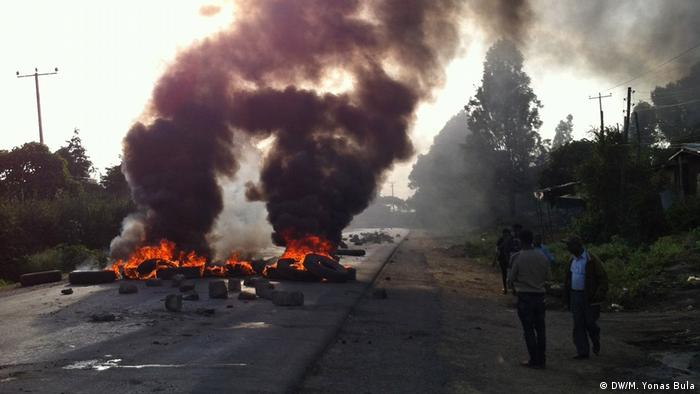
Protests erupted in Ethiopia in 2016 following calls by opposition groups for social and political reforms and an end to human rights abuses
Six hundred plus people were killed during the protests, and the government said in thereport that itsactions were a proportionateresponse. Whatdo you think of this statement by the government?
I haven't read the report yet;we just saw the numbers. The numbers indicated that there were genuine frustrations, genuine grievances. It says that things were not going right, of course. But we'll have to look at the report and hope that we have access again so that we cantalk to people, talk to families, talk to those who were directly involved, and then form our own picture and analysis of things.
I am hoping they [the government] will give us access,and my sense is that just inviting me to Addis Ababa meansthe mood is changing. Let's hope it's for the better for all the people of Ethiopia.
What's your next move from here?
We are planning to expand our presence in Addis Ababa, because we have a regional office here, and we have a plan to expand thatregional office. In the meantime, we want to deepen the discussion with the government so we can do more in the country. That's really what we want to do in the country for the sake of all the people of Ethiopia.
We've listened very carefully to civil society groups andtheir representatives, as well as to the government. I am leaving with thefeeling that there is work to be done, and I hope that we will be able to help the people of Ethiopia achieve all the human rights they deserve.





 0
0 
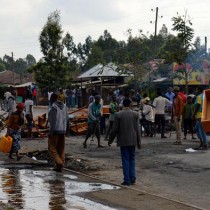


![[Topnews:-] Sarkaalkii Muqdisho ka Afduubtay Saraakiishii Sirdoonka Faransiiska oo Mareykanka u tahriibay.](https://waagacusub.com/uploads//article/photo/IMG_D12C79-B2F5AF-B6B07C-E7F3AC-96251A-E9123F.jpeg)
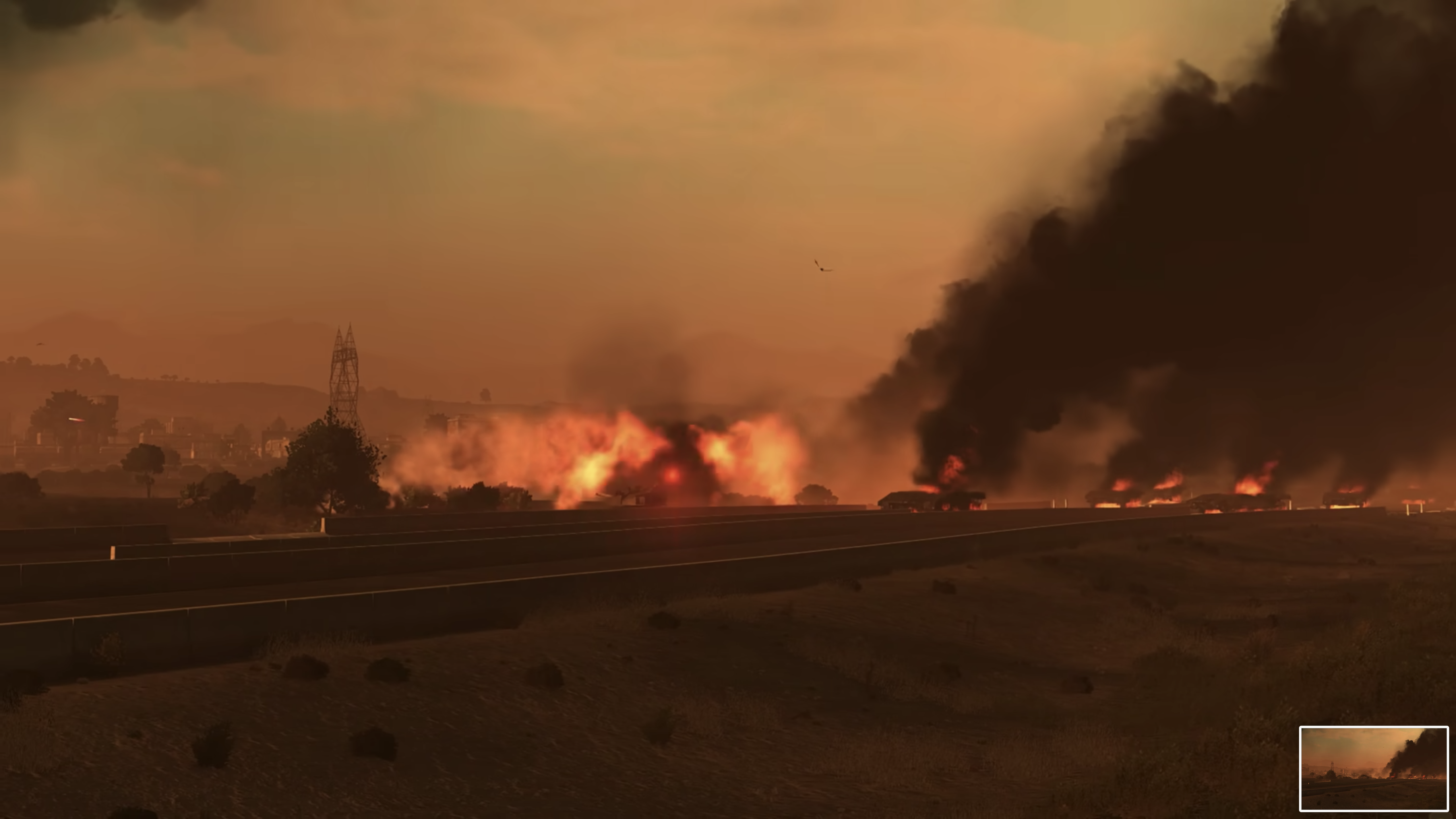

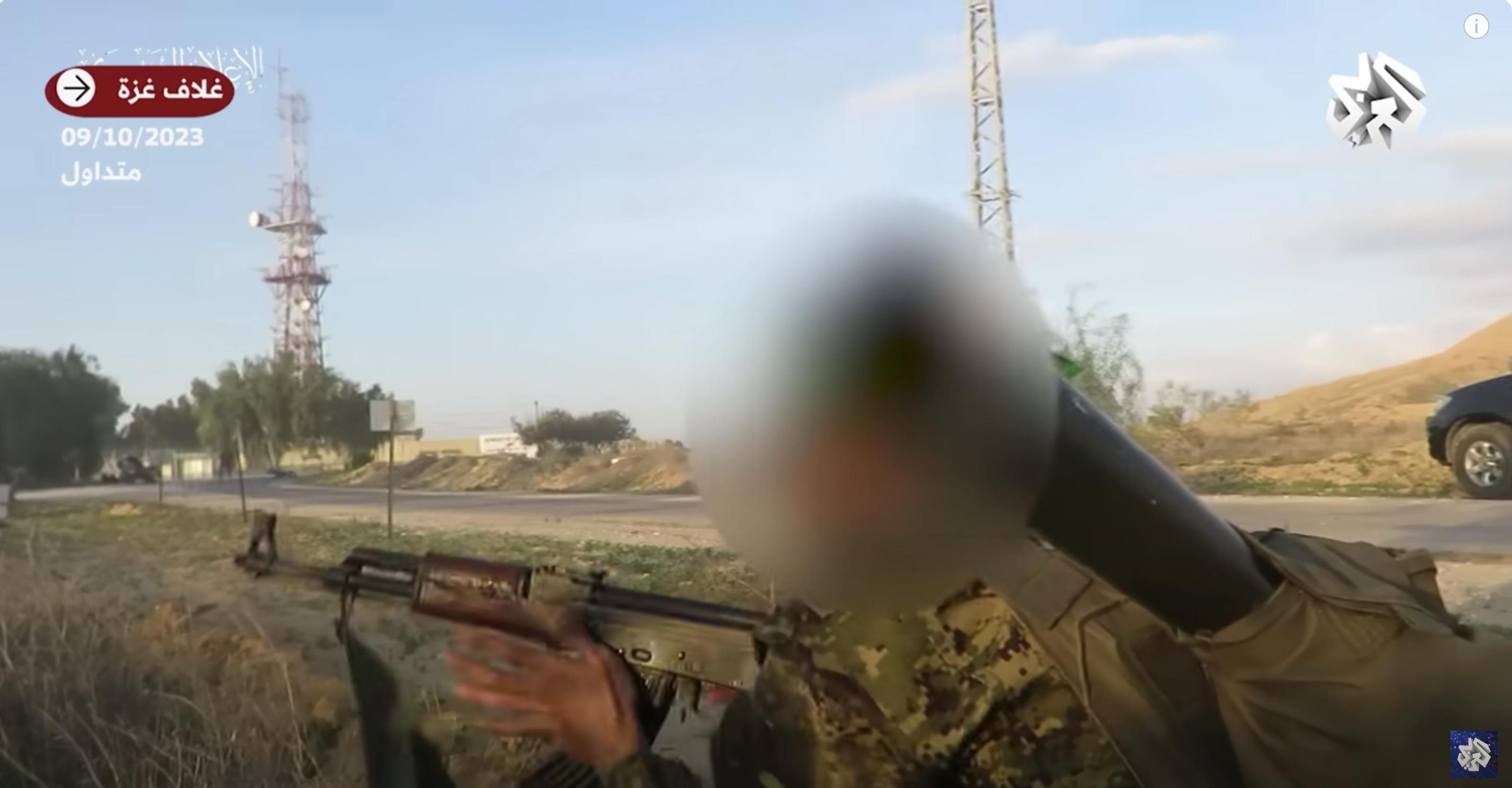
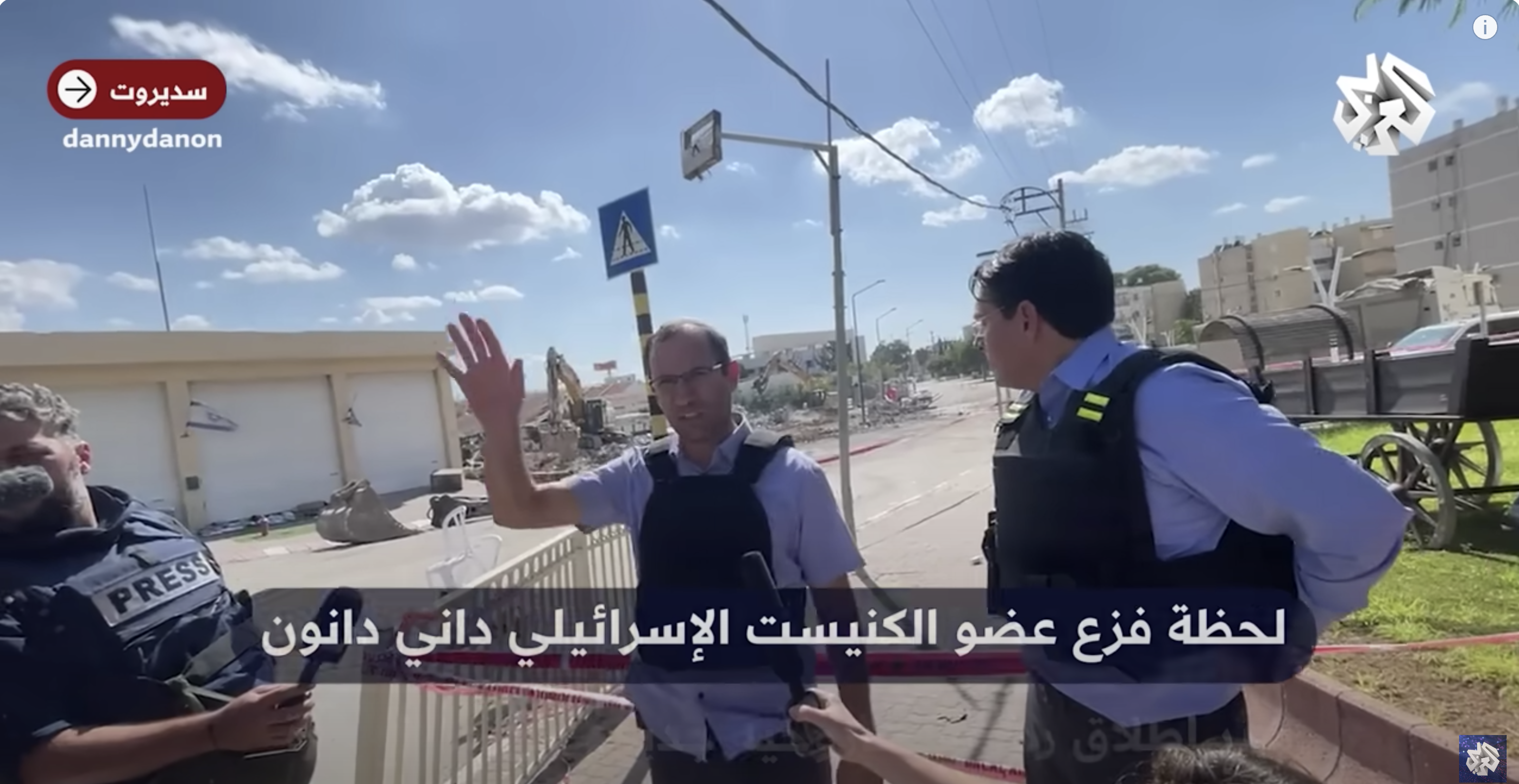
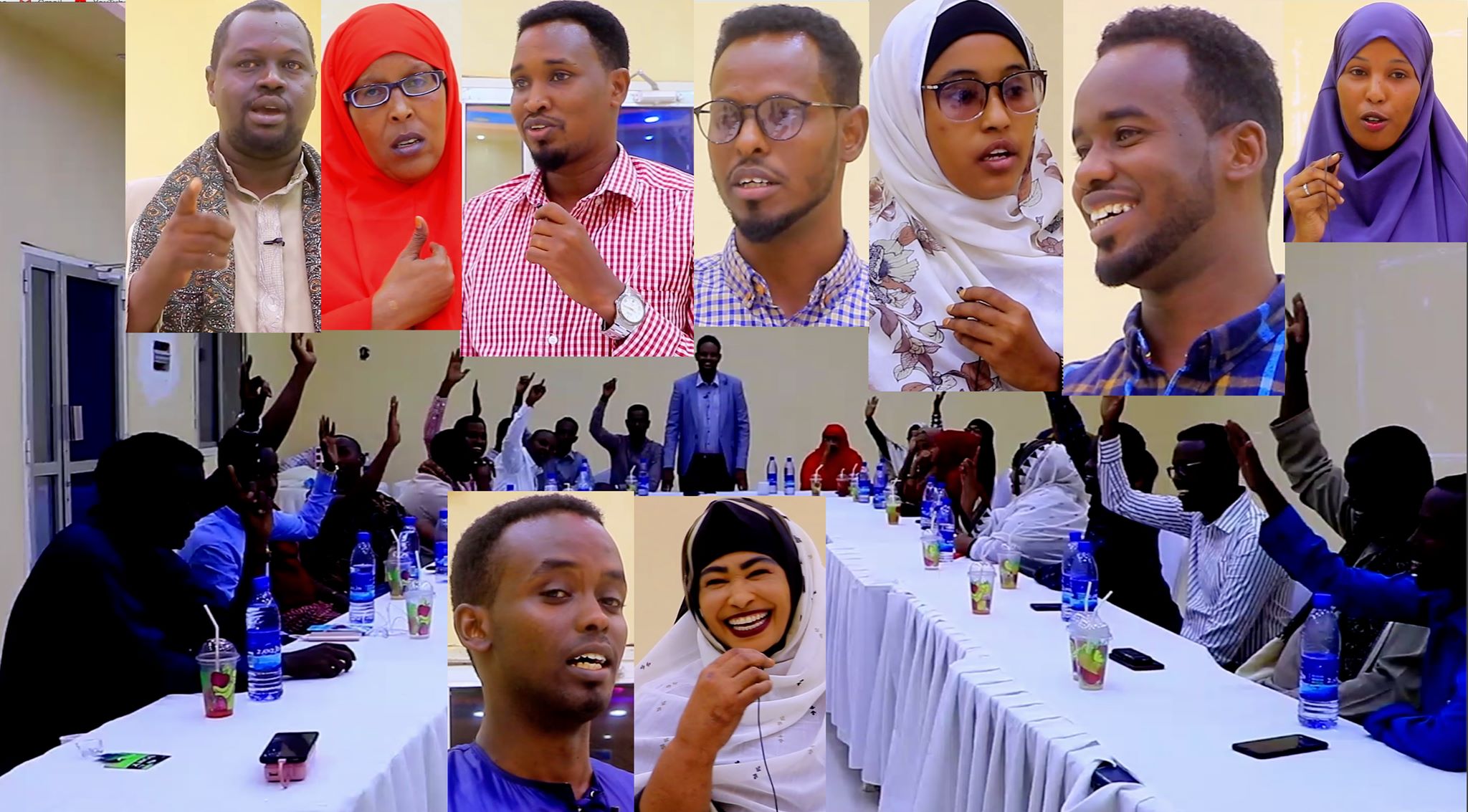
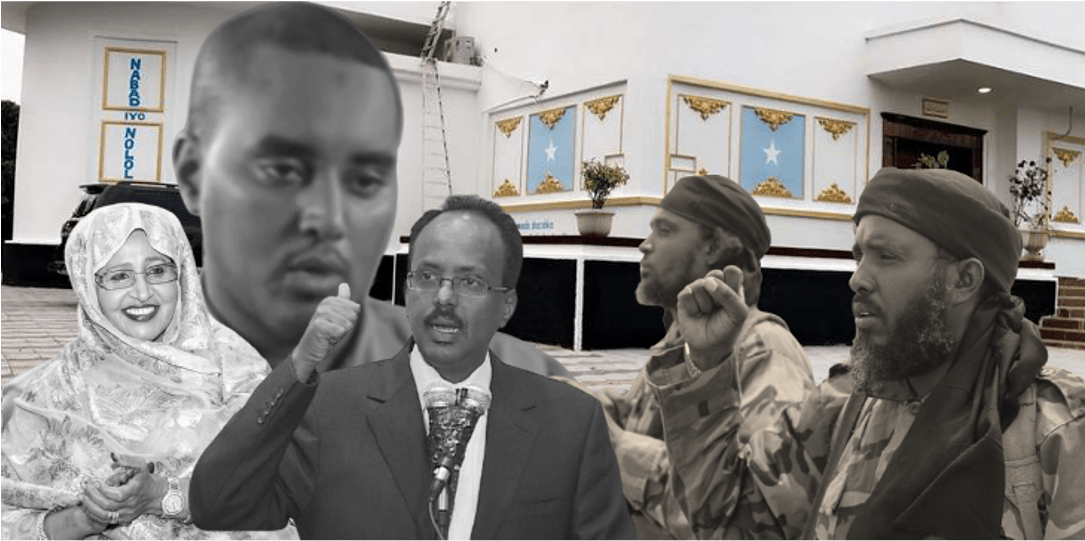
![[DAAWO] Dahir Alasow muxuu ka yiri Arooska Saadaq Joon iyo gabadha Madaxweynaha Jibouti](https://waagacusub.com/uploads//article/photo/IMG_A85D69-E46491-EB949F-F75713-195F22-880C48.png)
![[DAAWO] Gabadh aan Aabbe iyo Hooyo laheyn kadibna seddex Caruura lagu furay maxaa ku dhacay ?](https://waagacusub.com/uploads//article/photo/IMG_418075-E7A0C5-2FE6EA-C581B5-C9940B-8CE1BE.png)
![[DAAWO] Qabiilka ugu fulaysan uguna faanka badan Somalida oo shacabka Soomaaliyeed cabirayaan?](https://waagacusub.com/uploads//article/photo/IMG_444F4F-0F2704-1B7D7E-D109A0-B778B0-E4602B.png)
![[Daawo] sidee loo dilay Amiirka Shabaab iyo Wiilka xasan Dahir - Wararka qubanaha Dahir Alasow](https://waagacusub.com/uploads//article/photo/IMG_732422-B87120-7AB730-3E00E9-27DE0A-43CC94.png)
'Ethiopia needs to open up civic space': UN rights chief
WAAGACUSUB:-